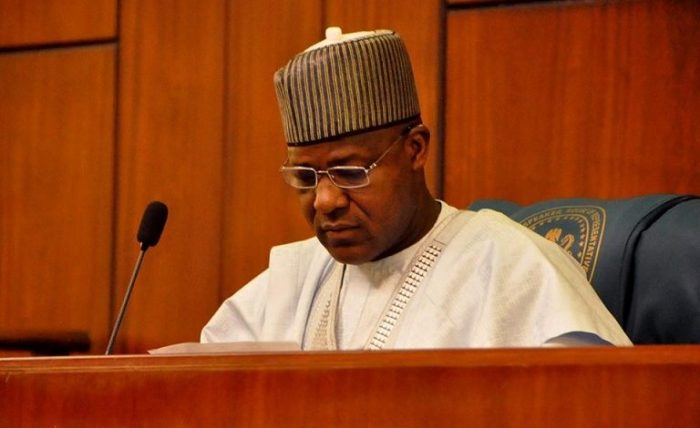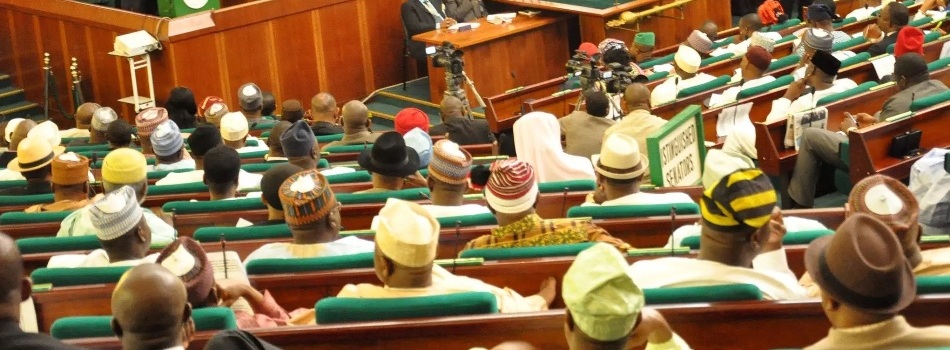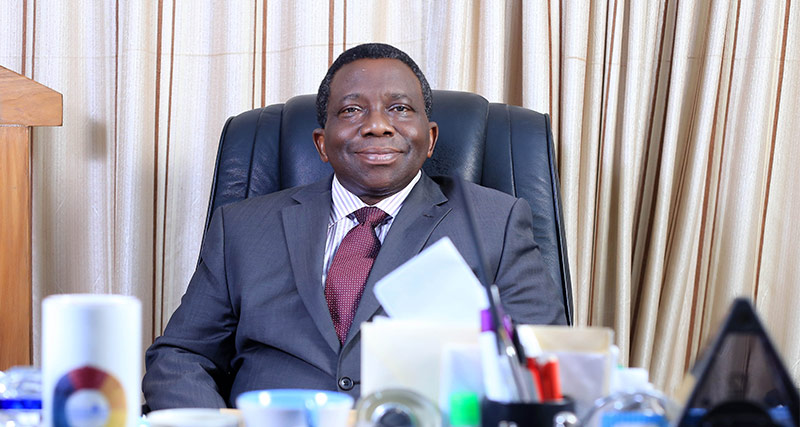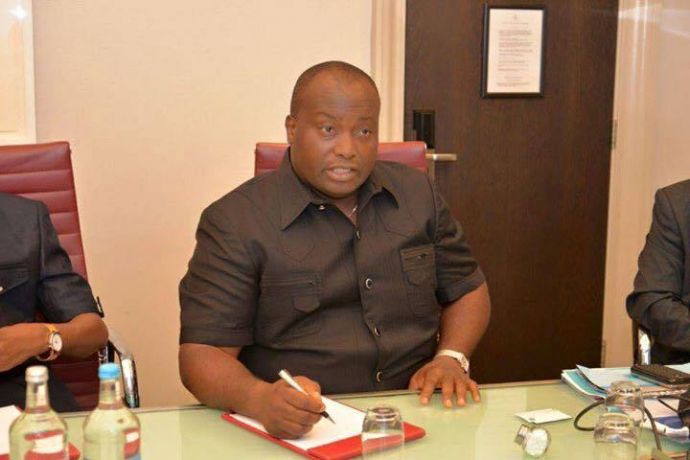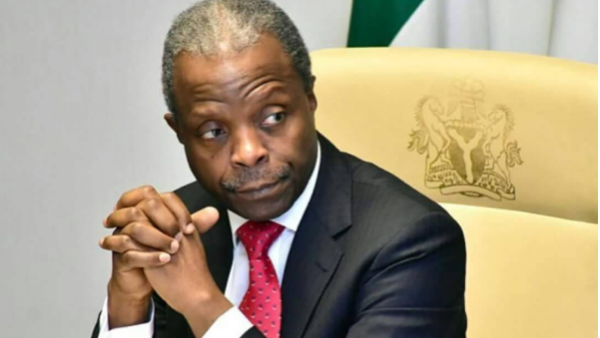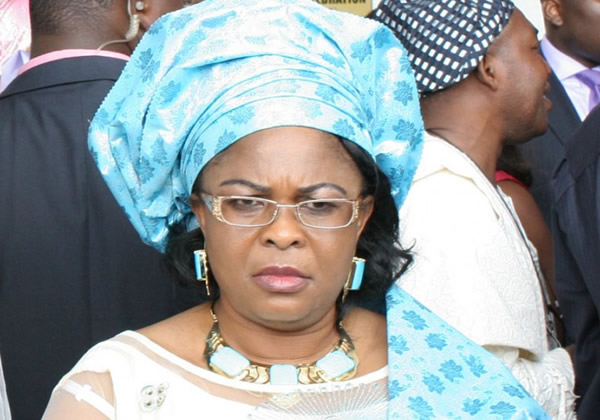By Olaotan Falade
Despite the prevailing national economic woes and the escalated sufferings of the average Nigerian, the National Assembly (Senate and House of Representatives) have spent a total of N7,434,000,000 on official vehicles from 2016 to 2017, TheNewsGuru.com authoritatively reports.
While the Senate took delivery of 36 exotic Sports Utility Vehicles, SUV, valued at N36,500,000 each in April 2016, TheNewsGuru.com reports that the lower chamber also followed suit by ordering for Peugeot 508 series for its 360 members valued at N17,000,000 each.
The total figure stood at N1,314,000,000 (for Senates’ 36 SUVs) and N6,120,000,000 (for Reps’ 360 Peugeot 508 vehicles). The grand total of these amounted to a whopping N7,434,000,000.
While the Senate has taken total delivery of its 36 SUVs to be shared among its 109 members, the House has so far taken delivery of over 200 units of the vehicles, with an utmost assurance that the remaining 160 will be delivered before year end.
Defending their rights to the vehicles, the leadership of both chambers said as lawmakers, they needed peace of mind to perform their duties while insisting that other arms of government and even State House of Assemblies also enjoy such lavish priviledges.
Speaking last year in defence of the purchase of the cars after the public outcry that greeted it, Chairman, Senate Committee on Services, Sen. Ibrahim Gobir Said:“A lot has been happening within the last two days concerning the issue of cars, car loan, appropriation and cost of the cars and we feel it necessary to come out and inform the public about it.
“This is so, so that people can have a better understanding of the whole thing to avoid wrong perception as being created among Nigerians.
“First, I would like to say that we bought 108 cars is totally wrong; it is not correct. We bought 36 cars. “These 36 cars, each senator in each state is either a Chairman or a Vice Chairman and we gave one car to each state to share as utility car. So, we don’t have money to buy 108 cars,’’ he said.
“We had a close session and they agreed that we should give one car per state; we sat down and agreed who needs the car most and that was what happened. “Then, the issue of the cost of the car; the cost of the car is N36.5 million. The car we bought is Land Cruiser VXR V8, not V6.
“The showroom price is about N31 million minimum and then when you add 10 per cent tax it becomes 36.5 million. “In fact you can go to the internet and download it; it is very simple, we can give you the website, and you can see them. “So, I think what we have purchased the car for is very reasonable,’’ he added.
The chairman also denied allegations that the senate purchased the cars without appropriation. According to him, on the issue of buying cars without appropriation, it is totally wrong because this has been appropriated in the 2015 budget. “So, we used what we have in the 2015 budget to buy the 36 cars so that it can go round to each state.’’
On speculations that lawmakers earlier accessed loans for the purchase of cars, Gobir explained that no lawmaker accessed any form of loan for the purchase of car.
He defended insinuation of senate’s insensitivity in spending such money on cars in the present economic challenges, saying that buying 36 cars as against 109 was informed by senate’s concern for state of the economy.
“We are supposed to buy 109 cars but because of the paucity of funds, because of our sensitivity and concern for lack of funds, we bought only 36 to go round per state.’’
He decried the level of criticism on the National Assembly in spite of efforts to cut down on cost to meet present economic reality. He said, “come to think of it, there is no minister that hasn’t got about three, four cars – one Land Cruiser, maybe a back-up and two Hilux cars.
“There is no director in the civil service that hasn’t got a car. There is no permanent secretary that hasn’t got a Land Cruiser. “In fact, every House of Assembly member has either a Prado or a Land Cruiser and here is a senator you say he cannot have one Land Cruiser.’’
In a similar vein, the House of Representatives too also defended the procurement of the vehicles insisting that its leadership was sensitive enough not to order the cars at once but in batches owing to the dwindling economy.
Speaking with reporters at the weekend, House spokesman Abdulrazaq Namdas explained that installment supply of the vehicles was due to the financial challenges facing the House leadership.
“About 200 vehicles have been supplied so far and members would take possession of theirs by the end of the year.
“We never promised to supply the 360 vehicles at once because of the financial constraints.
“The budget implementation hasn’t commenced and that is the reason for the installment supply of the vehicles. But, since it was provided for in the budget, every member will get theirs before the year runs out.
“Complaints by some members is normal because the House is huge and it is normal for some to complain. But, since we are getting the cars in batches, it will be impossible for everyone to get at once.
“Allegation that women lawmakers and committee chairmen were given first was also not true.
“As a matter of fact, it was the decision of the leadership to provide for the new members first. So, you may have a new member having while a committee chairman like myself don’t have yet.
“The distribution was not meant to marginalise anyone; the leadership wasn’t choosy about the distribution. Everyone will be adequately taken care of before the year runs out.”
On why the House had to procure the cars for its members, Namdas pleaded for the understanding of Nigerians, saying there was a level that Nigerians would not want their lawmakers to descend to.
According to him, Nigerians would want their representatives to be deserving of their status.
“Definitely, chief executive and directors in government institutions and agencies have official vehicles attached to them. Why would lawmakers not enjoy same privilege?
“Meanwhile, not even our principal officers will have more than one of the same vehicle and these vehicles are to last for four years and not yearly as we have in other arms of government.
“Our job here is to make laws for good governance and that is what we are doing and we need peace of mind and the goodwill of Nigerians to accomplish this,” he added.
TheNewsGuru.com reports that on paper, the cars are the property of the National Assembly, but the tradition over time is that lawmakers take them along with them on completion of their tenure after paying a fraction of the unit cost.
It was learnt that the management of the National Assembly would evaluate the cars after four years and deduct an agreed sum from the severance package of members.
TheNewsGuru.com reports that besides the utility vehicles, members also get a repayable loan to buy personal cars.
